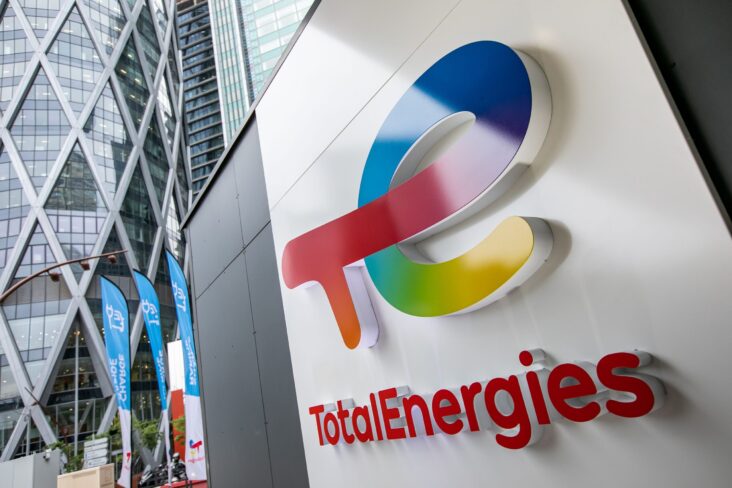“We were concerned about where this pandemic was going,” says Mike Sangster, the CEO for TotalEnergies (formerly Total) in Nigeria. “We managed to get our hands on a few PCR machines [for Covid-19 testing], some of which we used, and two of which we donated to Rivers State. We also donated an oxygen plant to Lagos State.”
Despite the lockdown, thanks to TotalEnergies’s 1,300 staff and many contractors “we didn’t lose a barrel because of the pandemic,” says Sangster. Nigeria was short of revenue, “so we thought it was important to keep government revenue flowing.”
TotalEnergies’ deepwater Egina project began producing oil in 2018 and it is now providing 10% of Nigeria’s total oil production at 200,000 barrels per day. But, while the last three big oil investments in Nigeria came from TotalEnergies, the pipeline for projects going forward is more sparse.
A Wood Mackenzie report shows that, in the past five years, there has been $70bn committed to Africa for upstream projects – and only $3bn of that was going to Nigeria. “So there has been a real lack of investment,” says Sangster.
“Companies have been reluctant, partly because of the oil price crash and, since 2019, a lot more concern about what is going to be in the Petroleum Industry Bill.” TotalEnergies is developing one project at present, Ikike, a “relatively simple” shallow-water project that is a one platform tie-back to an existing facility.
From oil to gas
Part of a national reorientation, gas is also gaining momentum. Nigeria LNG’s Train 7, backed by TotalEnergies, was approved and signed at the end of 2019. Limited to engineering during the pandemic in 2020, the project’s construction work has now been ramped up. Sangster notes: “Nigeria is well underway to moving from being an oil country to a gas country.”
In 2020, the company produced 540,000 BOE per day from Nigeria, roughly two-thirds oil and one-third gas. TotalEnergies will continue to develop gas reserves to feed the LNG plant, the capacity of which Sangster predicts will go up 35% to 30m tonnes per annum.
While TotalEnergies wants to become a broad energy company and grow its electricity business, there is some way to go in Nigeria.
“The demand is huge for power – you can hear how many generators are running – but the power market is challenging the moment,” says Sangster. “The companies are facing severe financial issues, there is a lack of infrastructure to get the power from the power stations to the market, and regular payment by all end-users is not guaranteed.”

